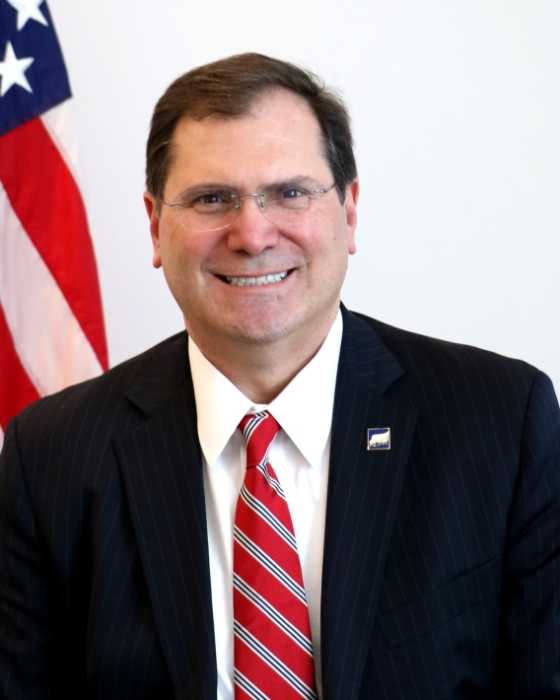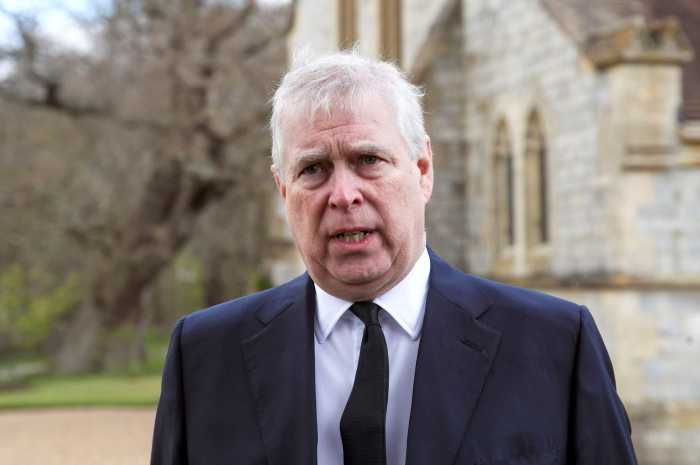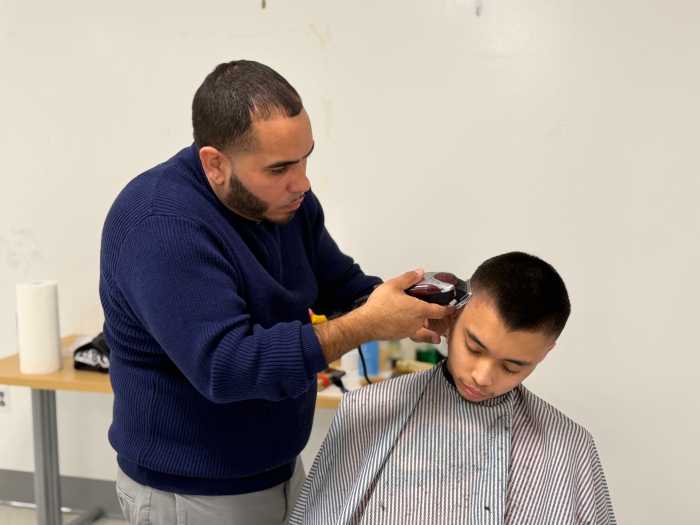The state court system laid out a plan to increase the footprint of its mental health services in a report issued earlier this month.
The newly-formed New York State Judicial Task Force on Mental Illness released five recommendations in its first report, which include creating a court-ordered mental health services pilot program and establishing regional mental health courts across the state.
“I think the five recommendations that we initially came out with are exciting and doable and could make a difference in the lives of people,” said the task force’s co-chair, Judge Matthew D’Emic, who serves as Kings County Supreme Court-Criminal Term Administrative Judge and Presiding Judge of Brooklyn’s Mental Health Court.
The task force is taking on a top goal of the court administration under Chief Judge Rowan Wilson and Chief Administrative Judge Joseph Zayas: creating services for court-involved people with severe mental illness.
The group, which began meeting in January 2024, comprises a diverse mix of judges, health advisors and court staff from various regions across the state. D’Emic said the goal was to focus on a few key, actionable recommendations rather than attempting too many changes at once.
The five initial recommendations include creating a two-year pilot program for assisted out-patient treatment (AOT), launching a process to create mental health courts in family court, building out regional mental health courts in low-volume counties, creating a dashboard to improve management of cases that involve mental fitness and updating outdated psychological terminology and using gender-neutral language in court forms.
The most controversial recommendation involves the assisted outpatient treatment pilot, an involuntary civil court process that uses a court order to mandate behavioral health treatment to adults with severe mental illness or substance use disorder.
“Nobody wants to criminalize mental illness, right?” said D’Emic. “Or micromanage people’s lives if they’re doing well. But these are cases where the people aren’t doing well. So if you could take some of the lessons that have been learned in mental health courts of the criminal realm, we have an actively involved judge that encourages the individual to stay on medication, to stay in treatment… and figure out what their goals and their hopes are for the future.”
The task force recommends studying a model where judges are more actively involved in AOT cases, similar to the model used in criminal mental health courts where early intervention can make a difference. D’Emic described how regular, brief and encouraging conversations with defendants can help them progress in treatment, noting that while in-person appearances are preferred for establishing a personal relationship, virtual options are available for those who cannot attend in person.
The proposal to create multi-county mental health courts, particularly in upstate New York, is also notable in its reach. The regional courts would help with challenges like long travel distances, limited public transportation and scarcity of mental health services in rural areas. These courts would leverage virtual appearances and telehealth to provide diversion opportunities across counties with the goal of expanding the reach of mental health courts beyond the current 43 mental health courts across the state.
After the task force initially submitted the recommendations in February, D’Emic said he found it gratifying that Wilson and Zayas gave them their full support.
“I am determined to move forward on the task force’s initial recommendations and eagerly await forthcoming ideas from that diverse group of experts as we seek to develop more holistic, effective justice system responses for children, youth, and adults with behavioral health and co-occurring disorders,” Wilson said.







































